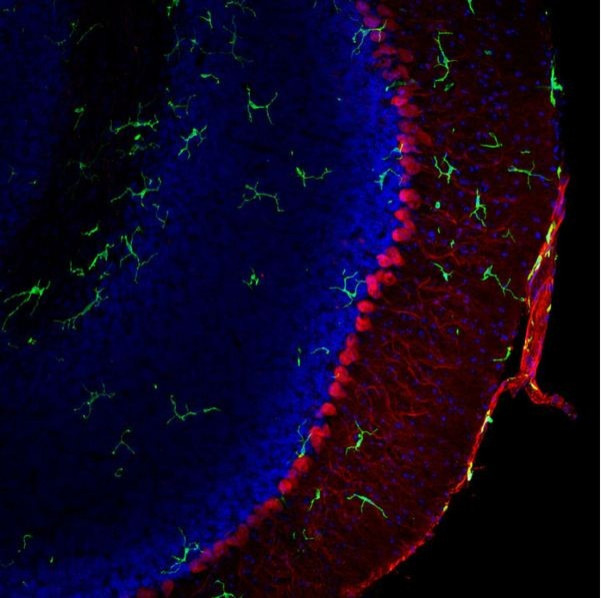Bone Marrow Transplant Reverses Rett Syndrome in Mice

A bone marrow transplant reversed Rett syndrome in mice, according to a new study. Rett syndrome is a neurological condition that causes autism-like behavior such as seizures, slow growth, a lack of movement and coordination and a lack of speech.
Researchers from the University of Virginia set out to test a hypothesis that a faulty immune system plays a role in Rett Syndrome. Researchers used radiation to remove the immune system from mice engineered with the equivalent of Rett syndrome and then administered a bone marrow transplant from a healthy mouse.
Bone marrow contains stem cells that give rise to immune system cells, and the mice given the transplant essentially had a brand-new, healthy immune system, researchers wrote. The untreated mice got sick and died within weeks, but the oldest of the mice given the bone marrow transplant is over a year old.
This seems to stop the disease in its tracks, Noel Derecki, co-author of the study and a graduate student at the University of Virginia, told ScienceNow.
Bone marrow transplants had no effect in mice whose immune systems were not irradiated first.
Researchers aren't entirely sure why the bone marrow transplant worked, but they think it has to do with a kind of cell called microglia, which act as janitors of the brain and clean out dead cells and other debris. The mutation responsible for Rett syndrome might also leave microglia unable to do their job, the authors wrote.
Though a bone marrow transplant worked in mice, researchers urged caution and said the technique may not work in humans.
This is very, very preliminary, Jonathan Kipnis, co-author of the study and associate professor of cellular and molecular neuroimmunology at the University of Virginia, told Nature. It works fantastically in mice, but we can cure almost anything in mice.
The researchers also warned that clinical trials would be difficult because bone marrow transplants carry a high risk of serious and fatal side effects.
Nature published the study online on Sunday.
Rett syndrome affects one in 10,000 girls throughout the world and is caused by mutations on the X chromosome. The mutations are fatal to boys, who only have one X chromosome and typically die within a few weeks of being born. Girls have two X chromosomes so they have a backup of the affected gene, though they still suffer the effects of Rett syndrome.
© Copyright IBTimes 2024. All rights reserved.





















